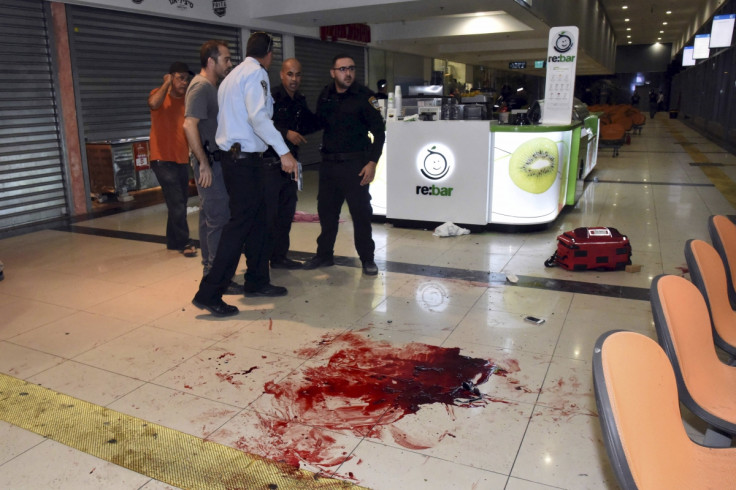Israel: Wrongly shot Eritrean dies as French ambassador summoned over international monitors plan

Israel has summoned the French ambassador for a dressing down over a proposal to deploy international monitors at a flashpoint religious site in Jerusalem, as the toll of the recent spate of violence grew higher with the death of an Eritrean man mistakenly shot in a southern city.
The Israeli foreign ministry requested a meeting with Paris' envoy to Tel Aviv, Patrick Maisonnave, after prime minister Benjamin Netanyahu rejected outright a plan to send international observers to Temple Mount.
Netanyahu told a cabinet meeting that the draft proposal submitted by France to the UN was unworkable, claiming "militant Muslims" are incapable of protecting holy sites.
"Israel cannot accept the French draft resolution at the United Nations Security Council. It doesn't mention Palestinian incitement; it doesn't mention Palestinian terrorism; and it calls for the internationalization of the Temple Mount," Netanyahu said.
"Well, we've seen across the Middle East – in Palmyra, in Iraq, throughout Iraq and elsewhere how the militant Muslims blast each other's mosques to the sky. We've just seen it in a Jewish holy site, Joseph's Tomb. Only Israel, Israel alone, is the guarantor of the holy sites on the Temple Mount.
"Israel will protect the holy sites, will guard the status quo. Israel is not the problem on the Temple Mount. Israel is the solution," he added.
Temple Mount, hilltop compound known as al-Haram al-Sharif (The Noble Sanctuary) to Muslims has long been at the centre of disputes and violence with Palestinians. It is considered the holiest site for Jews, but it's also Islam's third holiest site after Mecca and Medina and contains the famous al-Aqsa mosque.
The site has been administered by an Islamic Waqf (trust), under the authority of Jordan, since the Crusades, while Israel has controlled access to it since the occupation of East Jerusalem in 1967, also implementing a ban on all non-Muslim prayers as a security measure. The recent wave of unrest has been fuelled by Palestinian fears that rules of prayer would be changed.
In the latest of a series of attacks that have pushed the troubled region deeper into a spiral of violence, three people, including the gunman were killed in the southern Negev city of Beersheba.
An Arab Israeli identified as 21-year-old Muhand al-Okabi opened fire at a bus station, killing an Israeli soldier and injuring at least another 10 people. The assailant was shot dead by responding security forces that however also hit an innocent Eritrean refugee, mistakenly thinking he too was a gunman.
As the man lay wounded in a pool of blood, he was kicked and forced on to the ground by angered bystanders. He was then taken to a local hospital where he later died of his wounds. Eight Israelis and more than 40 Palestinians have been killed in recent weeks.
© Copyright IBTimes 2024. All rights reserved.






